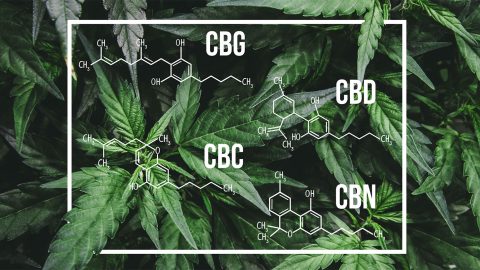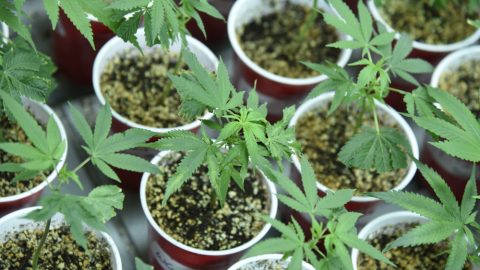Elite athletes must endure high levels of physical stress in order to maximize performance. Many of these athletes are turning to cannabidiol (CBD) to relieve the pain frequently associated with athletic training and competition.
A quick review of CBD
CBD is one of more than 100 related compounds (cannabinoids) found in the cannabis plant. It’s not intoxicating like the well-known cannabinoid, THC. CBD products are made from hemp, which by definition is a cannabis plant containing no more than 0.3 % THC. And with passage of the 2018 Farm Bill, hemp is no longer classified under federal law as a controlled substance.
How does CBD work?
The human body has a naturally-occurring internal cannabinoid system (known as the endocannabinoid system or ECS). The ECS exists in part, to return physical and emotional stress levels to normal. Moreover, the ECS functions to restore homeostasis (a biological balance) to the body. However, many times physical or emotional stress becomes too great for the ECS to restore on its own. At such times, CBD can be very helpful to the ECS in reducing stress levels and restoring its balance.
What does the science show?
Research indicates that CBD reduces inflammation and pain. This can clearly be beneficial for athletes participating in intense exercise. A 2007 study concluded that CBD has “substantial” anti-inflammatory effects in a rodent model of nerve and inflammatory pain. And CBD applied to the skin was shown to reduce inflammation and arthritis pain in a 2016 animal study.
Other things to consider
THC is also frequently used to treat pain. However, it may affect athletic performance and result in unwanted side effects. According to the World Health Organization, CBD doesn’t have the potential for dependence or misuse. This is also a clear advantage that CBD has over some prescription drugs, such as opioids. And even well-known, over-the-counter anti-inflammatories, such as ibuprofen are not without health risks.
Final thoughts
Whether taken by mouth or applied topically, the early research evidence supports CBD’s ability to reduce pain and inflammation. This could be very useful for elite athletes who continually push their bodies to performance limits. However, even “weekend warriors” may appreciate the benefits of CBD in their workout recovery.
References:
Halawa O et al; Role of Cannabinoids in Pain Management; Essentials of Pain Medicine (4th Ed.); 2018; 56: 509 – 520.
Costa B et al; The Non-Psychoactive Cannabis Constituent Cannabidiol Is an Orally Effective Therapeutic Agent in Rat Chronic Inflammatory and Neuropathic Pain; European Journal of Pharmacology; 2007 Feb; 556(1-3): 75 – 83.
Hammell D et al; Transdermal cannabidiol reduces inflammation and pain-related behaviours in a rat model of arthritis; European Journal of Pain; 2016 July; 20(6): 936 – 948.
Nagarkatti P et al; Cannabinoids as Novel Anti-Inflammatory Drugs; Future Medicinal Chemistry; 2009 Oct; 1(7): 1333 – 1349.
This content is for informational purposes only. It is not intended to take the place of medical advice or treatment from a personal physician. All readers of this content should consult their physician or qualified healthcare professional regarding specific health questions, especially those taking prescription or over-the-counter medications. CannaGlobe, LLC does not take responsibility for possible health consequences of any person reading and/or following this informational content.


